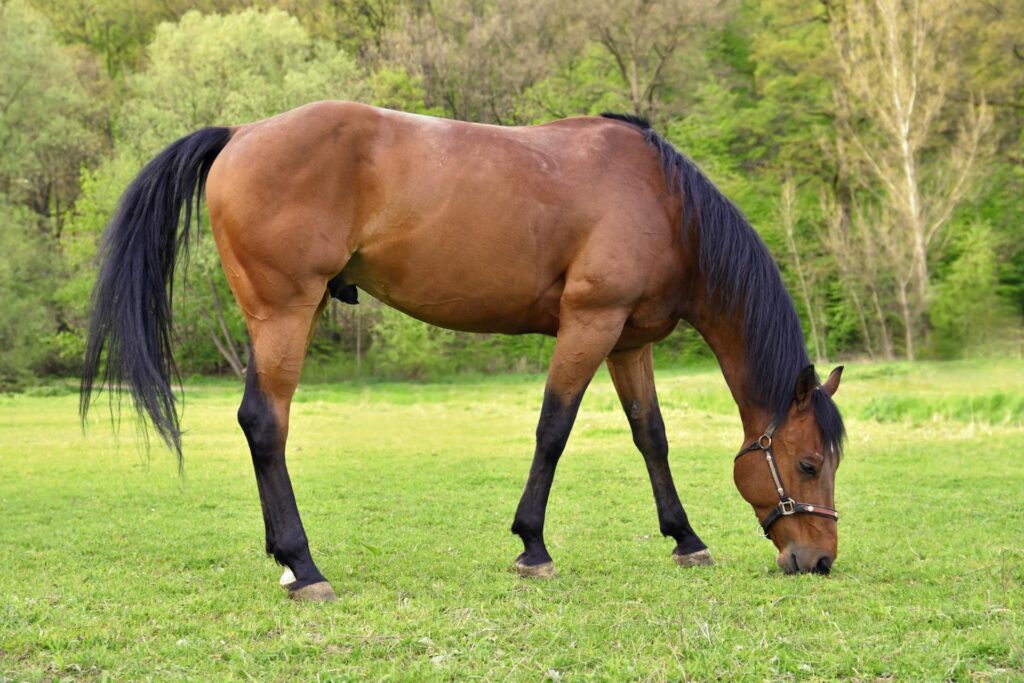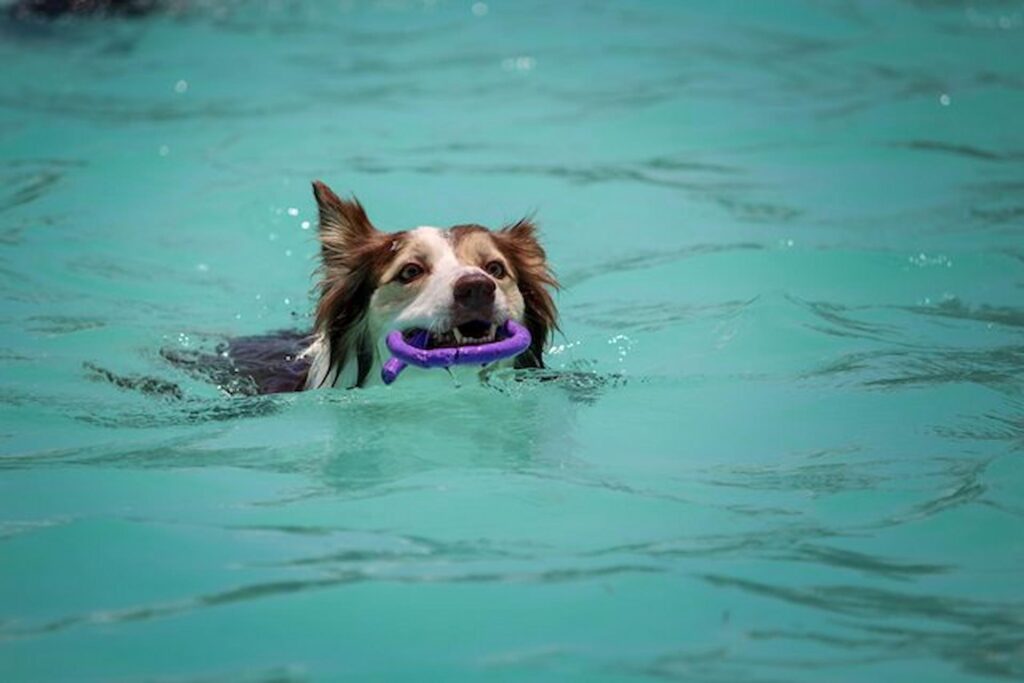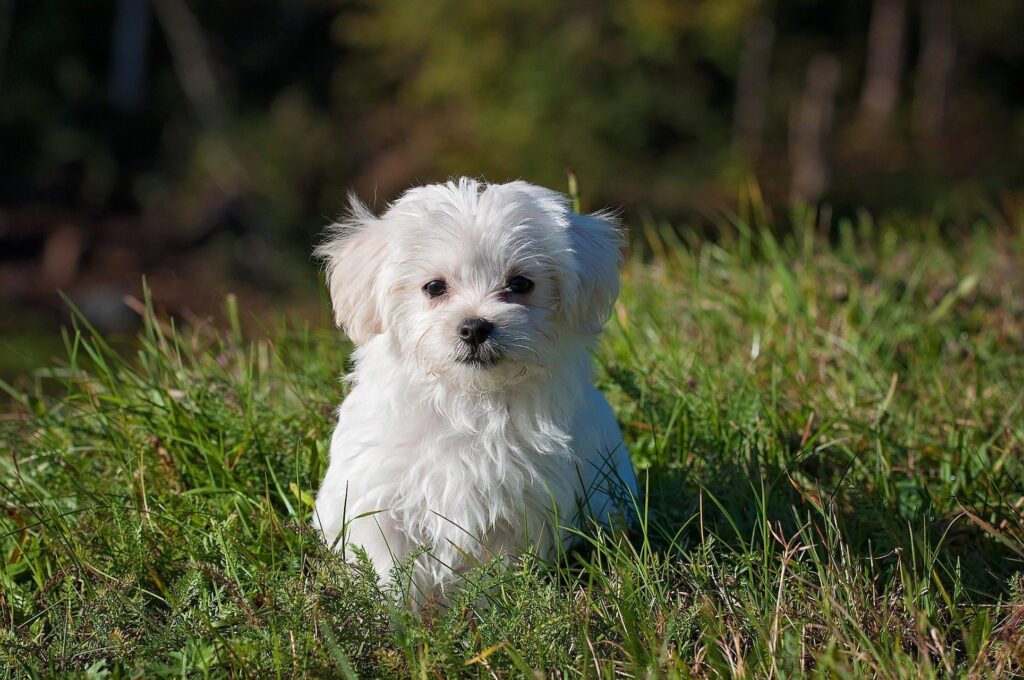If you want to keep your horse healthy, it’s crucial that you pay attention to the different minerals
they’re getting. Some are essential for their well-being and a shortfall can be detrimental to health. Providing them with high-quality horse feed is a good way to ensure that they’re getting what they need, however, to do this you need to know what they need and how to tell if they’re lacking anything. One of the key minerals horses need is calcium Keep reading to find out more about calcium and how it’s vital for your horse.
Why Do Horses Need Calcium?
Calcium is essential for healthy bones and teeth and a shortfall can lead to the weakening of both. Calcium also plays a role in coagulating the blood and regulating temperature, which again are essential bodily functions for a horse. The balance of minerals in a horse’s diet is key. Too much of one can cause problems with others and the calcium to phosphorous ratio is one that is very well known in equine nutrition.
If f a horse receives more phosphorus than calcium, the high amounts of phosphorus can prevent the calcium from being absorbed and therefore utilised in the body which could lead to skeletal and dental issues as calcium is moved from bones and teeth to support other functions in the body. The recognised ratio is 2:1 calcium : phosphorous and nutritionally balanced horse feed will typically contain this ratio
Where does calcium come From?
As you might imagine, the first calcium a horse consumes is from its mother’s milk. Once they’re weaned, pasture is usually the most abundant source of calcium in most horse’s rations. Ggrains which have historically made up a large part of the working horse’s diet are high in phosphorous and low in calcium and this was why limestone flour used to be fed to redress the balance in the diet Studies have shown that calcium from plants such as alfalfa or sugar beet is much more bioavailable than limestone flour which is mined from the ground. If you make up your horse’s ration yourseldthe feed yourself, it might be a good idea for it to be double-checked by experts so that you can be certain the levels are right.
How Do I Know If A Horse Is Calcium Deficient?
If a horse doesn’t receive enough calcium for a prolongerd period of time, a number of different health problems can arise. Osteopenia can occur in foals who don’t receive the right amount of calcium but is relatively rare in the UK due to high quality horse feed being readily available. This illness can cause thei foal’sr joints to become too big and their bones may grow incorrectly. Calcium deficiency can also cause other bone disorders and problems, so it’s important that you keep an eye out for symptoms. You may notice the quality of their hoof worsens and they may have trouble eating properly too. Other more serious symptoms can be arthritis, osteoporosis, and even frequent fractures due to their fragile bones. Horses may also develop secondary hyperparathyroidism which causes their head to enlarge due to fibrous tissue replacing the bone. It’s imperative that if you notice any of these in your horse, you contact an equine vet immediately.
Providing your horse with the right balance of calcium and phosphorous is an important aspect of maintaining their health so you’ll need to make sure that you’re providing them with a high-quality diet. You also might need to amend their daily intake in certain circumstances too. For example, a pregnant or lactating mare will need more calcium than normal to help their body replace the nutrients they lose to the fetus or foal. If you’re ever unsure if your horse is getting the right amount of calcium, it’s always best to contact your vet or a nutritionist so they can give you professional advice.



